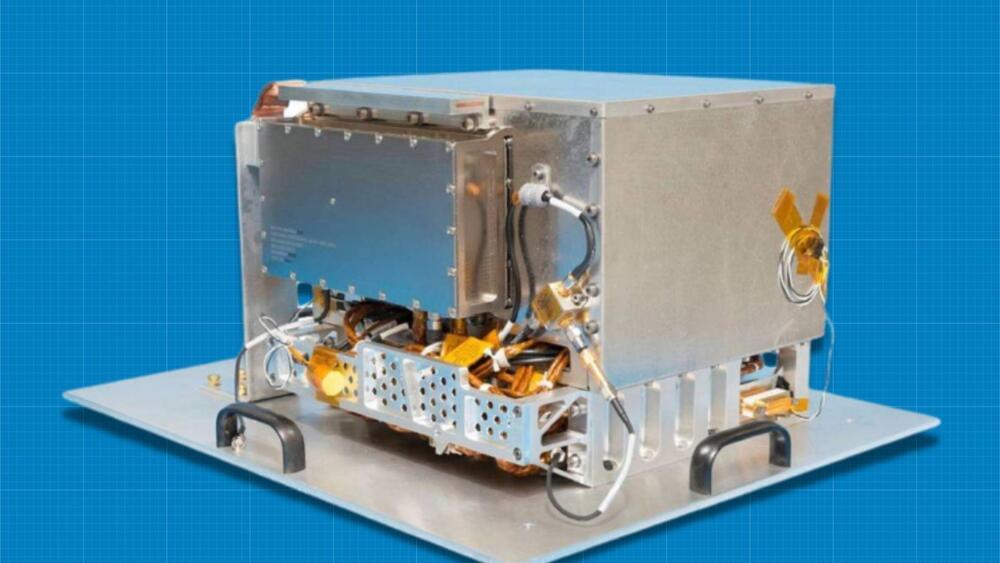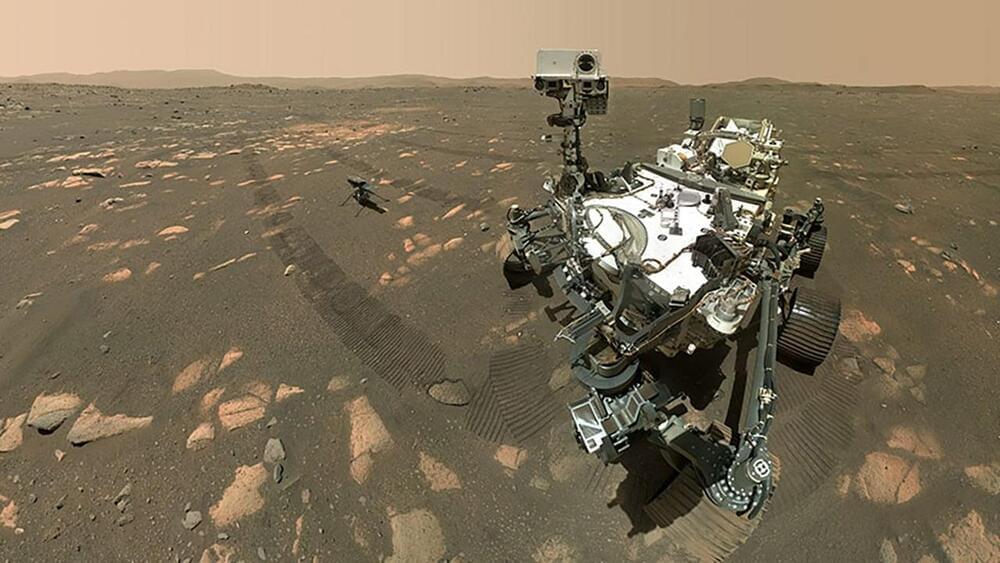Sep 12, 2023
Black Holes ‘Burp’ Years After Shredding Stars, And We Don’t Know Why
Posted by Josh Seeherman in categories: cosmology, physics
For a few hours after a star smashes into a supermassive black hole, some of the brightest light in the Universe is produced.
The subsequent flash of radio waves were thought to simmer down within weeks or months of a collision. It turns out we might have been a little impatient to turn our gaze elsewhere.
Continue reading “Black Holes ‘Burp’ Years After Shredding Stars, And We Don’t Know Why” »


















